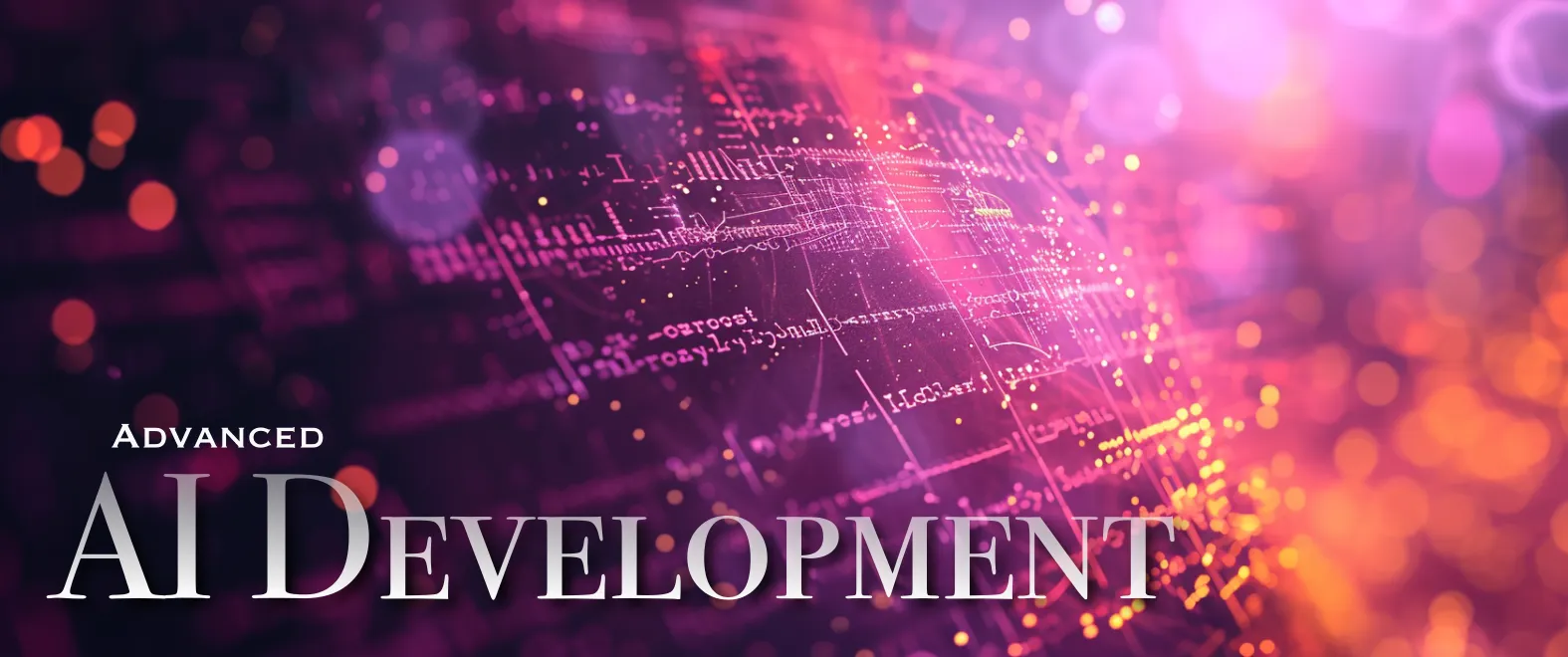Advanced AI Development
2 days

This course covers advanced topics like fine-tuning GPT and AUTO-GPT models, understanding transformer architecture, using Langchain and Pandas for complex tasks, and exploring the latest research in the field.
Course Outline
Unit 1: Review of AI Development Basics
- 1.1 Recap of fundamental AI, Machine Learning and Deep Learning concepts
- 1.2 Review of GPT and AUTO-GPT models
- 1.3 Overview of AI development tools and libraries
Unit 2: Advanced Topics in AI Development
- 2.1 Hyperparameter tuning in Machine Learning and Deep Learning
- 2.2 Advanced techniques in feature engineering and data augmentation
- 2.3 Deep dive into transformer models and advanced architectures
- 2.4 Understanding Capsule Networks and Graph Neural Networks
Unit 3: Advanced AUTO-GPT Applications
- 3.1 Building complex applications with AUTO-GPT
- 3.2 AUTO-GPT in multi-turn conversations and dialog systems
- 3.3 AUTO-GPT in advanced NLP tasks: summarization, translation, sentiment analysis
- 3.4 Troubleshooting and optimizing AUTO-GPT applications
Unit 4: Advanced Prompt Engineering
- 4.1 Advanced techniques for effective prompt design
- 4.2 Prompt engineering for advanced tasks and complex domains
- 4.3 Handling biases and ethical issues in advanced prompt engineering
Unit 5: Vector Databases in AI Development
- 5.1 Deep dive into vector databases
- 5.2 Use-cases and applications of vector databases in AI
- 5.3 Best practices when using vector databases
Unit 6: AI Ethics and Fairness
- 6.1 Advanced topics in AI Ethics: interpretability, explainability, accountability
- 6.2 Understanding and mitigating bias in advanced AI models
- 6.3 The role of regulation in AI
Unit 7: AI System Design and Architecture
- 7.1 Designing robust and scalable AI systems
- 7.2 Advanced topics in AI system architecture
- 7.3 Designing AI systems for security and privacy
Unit 8: Deploying and Maintaining AI Applications
- 8.1 Advanced topics in AI application deployment
- 8.2 Monitoring and maintaining AI systems in production
- 8.3 Ensuring the reliability and robustness of AI applications
Intended Audience
This course is ideal for those who already have an established knowledge base in AI/ML and some hands-on experience building, training and deploying models. Learners should be comfortable with coding in Python and using libraries like TensorFlow, PyTorch, HuggingFace etc.
Prerequisites
Those attending this course should meet the following:
- have developed programs in Python
- understand common machine learning concepts and algorithms (regression, classification, clustering, etc.)
- have a basic knowledge of building and deploying machine learning models
- have used popular frameworks, models, and tools in the field
- ideally have some experience with model deployment